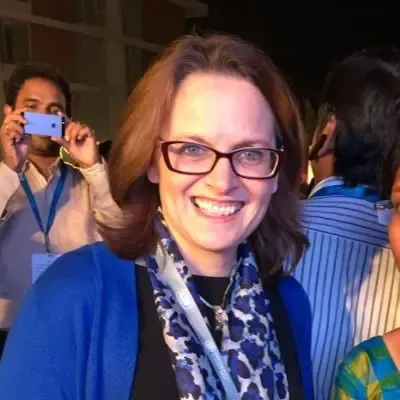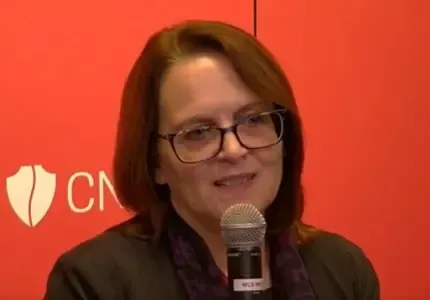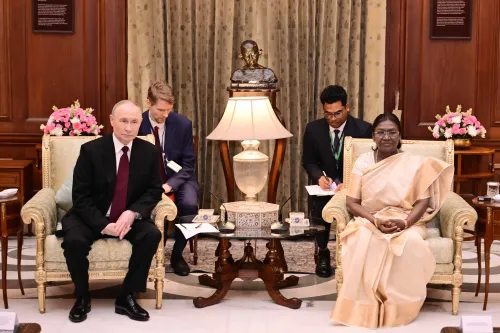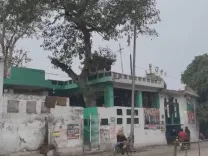Is Manipur Becoming a Major Transit Hub for Human Trafficking?
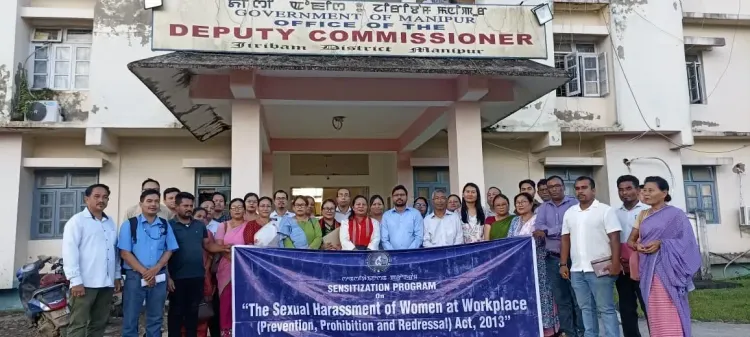
Synopsis
Key Takeaways
- Human trafficking is a growing issue in Manipur.
- Women and girls are the primary victims.
- Awareness programs are essential for education and prevention.
- Collaboration among stakeholders is crucial.
- Legal frameworks must be strengthened to protect victims.
Imphal, Oct 10 (NationPress) The Manipur State Commission for Women (MSCW) has reported that Manipur has become a significant source and transit point for human trafficking over recent years.
The MSCW explained that human trafficking involves the act of recruiting, transporting, transferring, harboring, or receiving individuals through coercion, deception, or the abuse of vulnerability for the purpose of exploitation. Anyone can fall prey to this heinous crime.
The groups most at risk in the context of human trafficking include minority tribes and communities that lack adequate social and legal protections. The majority of victims identified in trafficking cases are girls and women, according to the women's panel.
In response to the escalating threat of human trafficking, the MSCW, with support from the National Commission for Women, hosted an awareness program on “Anti Human Trafficking” at the Jiribam Municipality Hall in Manipur. During the event, MSCW Chairperson Tiningpham Monsang remarked that the nature of human trafficking in Manipur is distinct from that in other states.
“In recent years, Manipur has emerged as both a source and transit point for human trafficking. Many of the women who have been trafficked share that numerous victims, particularly tribal girls and women with traumatic backgrounds, are often silenced by stigma and shame,” she stated.
Monsang further explained that the program is designed to raise awareness among the women and girls of Jiribam, help the public recognize the signs of human trafficking, empower communities to report suspicious activities, and encourage collective efforts to eradicate this form of modern slavery, ensuring that they are informed about trafficking issues and can take action.
The awareness initiative aimed to identify traffickers, enhance community awareness, bolster prevention strategies, and strengthen collaboration among stakeholders, including government entities, NGOs, and law enforcement, while promoting educational efforts and advocating for stronger legal protections against traffickers.
Four resource persons presented various topics during the technical session. More than 150 participants, including vulnerable groups at high risk such as migrants, internally displaced persons, rural and tribal communities, children and youth, law enforcement personnel, healthcare providers, legal professionals, NGOs, and social workers attended the event.
Additionally, the MSCW conducted a one-day sensitization program on the “Sexual Harassment of Women at Workplace (Prevention, Prohibition and Redressal) Act, 2013” at the Conference Hall of the Deputy Commissioner's Office in Jiribam, in partnership with the District Administration.
During her address, MSCW Chairperson Monsang emphasized the commission's commitment to promoting the welfare of women and addressing their rights and safety concerns.
She reiterated the importance of ensuring that workplaces are safe environments for female employees and encouraged them to familiarize themselves with the Act, which empowers them to prevent and address workplace harassment.
A technical session on the “Sexual Harassment of Women at Workplace (Prevention, Prohibition and Redressal) Act, 2013” was conducted by Mordecai Kamei, Advocate, as a component of the program.


